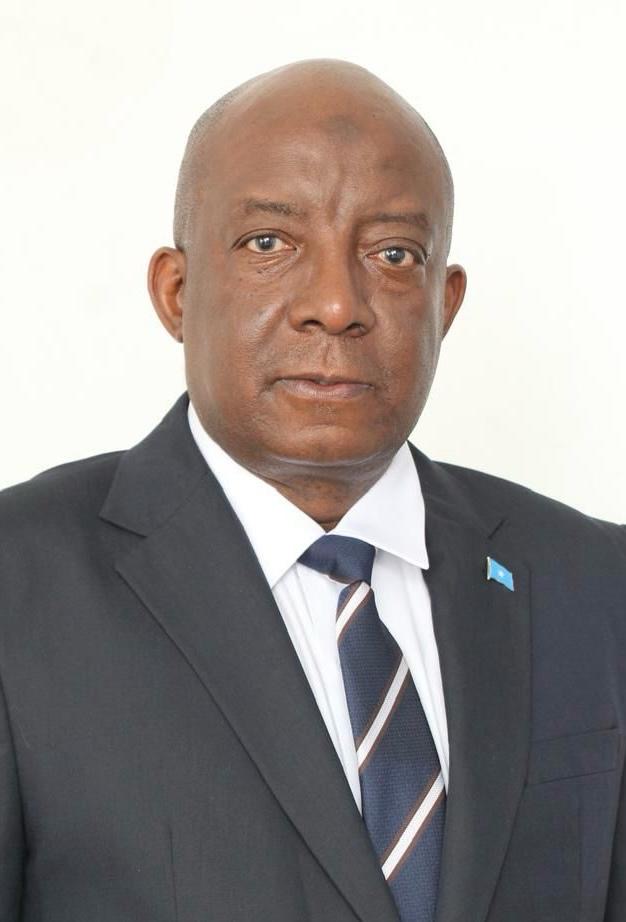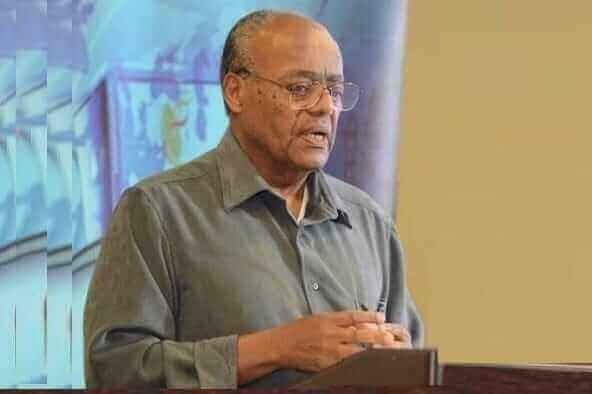The Mozambican State expects to earn US$100 million this year in taxes on the exploitation of natural gas in the Rovuma Basin, off the coast of the northern province of Cabo Delgado, according to the Minister of Economy and Finance, Max Tonela.
Tonela, who on 2 August was addressing the Plan and Budget Commission of the Mozambican parliament, the Assembly of the Republic, said that so far this year US$40 million has been collected in taxes, and a further US$60 million is expected by the end of the year.
In the first three years of the 25-year concession, the government expects revenue of US$100 million a year, rising to US$300 million a year from the fifth year. By the tenth year of implementation, revenue could reach a billion dollars a year.
Tonela estimated that, during the 25 years of the concession contract, the Mozambican state will receive an average of US$750 million a year.
“To manage the revenues well, it is necessary to approve the law which creates the Sovereign Wealth Fund”, Tonela told the deputies. He said that many aspects that had previously been in dispute were now consensual, which should make it easier for the Assembly to pass the bill on the Sovereign Wealth Fund.
He also explained that the State Budget, in the future, will have a specific section focused on managing gas revenues. The Law on the Sovereign Wealth Fund, he added, will publicly report the amounts that the State earns over the years.
The Fund, Tonela said, will take the form of a dossier of financial assets, managed in accordance with internationally established rules and principles, with the purpose of generating savings for future generations.
He added that the Bank of Mozambique will be the operational manager of the Fund, under an agreement signed between the central bank and Tonela’s Ministry.
The bill on the Fund, submitted to the Assembly, envisages that, in the initial years, 60 per cent of revenue from gas will go towards financing the state budget, while the other 40 per cent will be invested in the Wealth Fund. Later, these figures will be reversed, with 40 per cent for the state budget and 60 per cent for the Fund.










